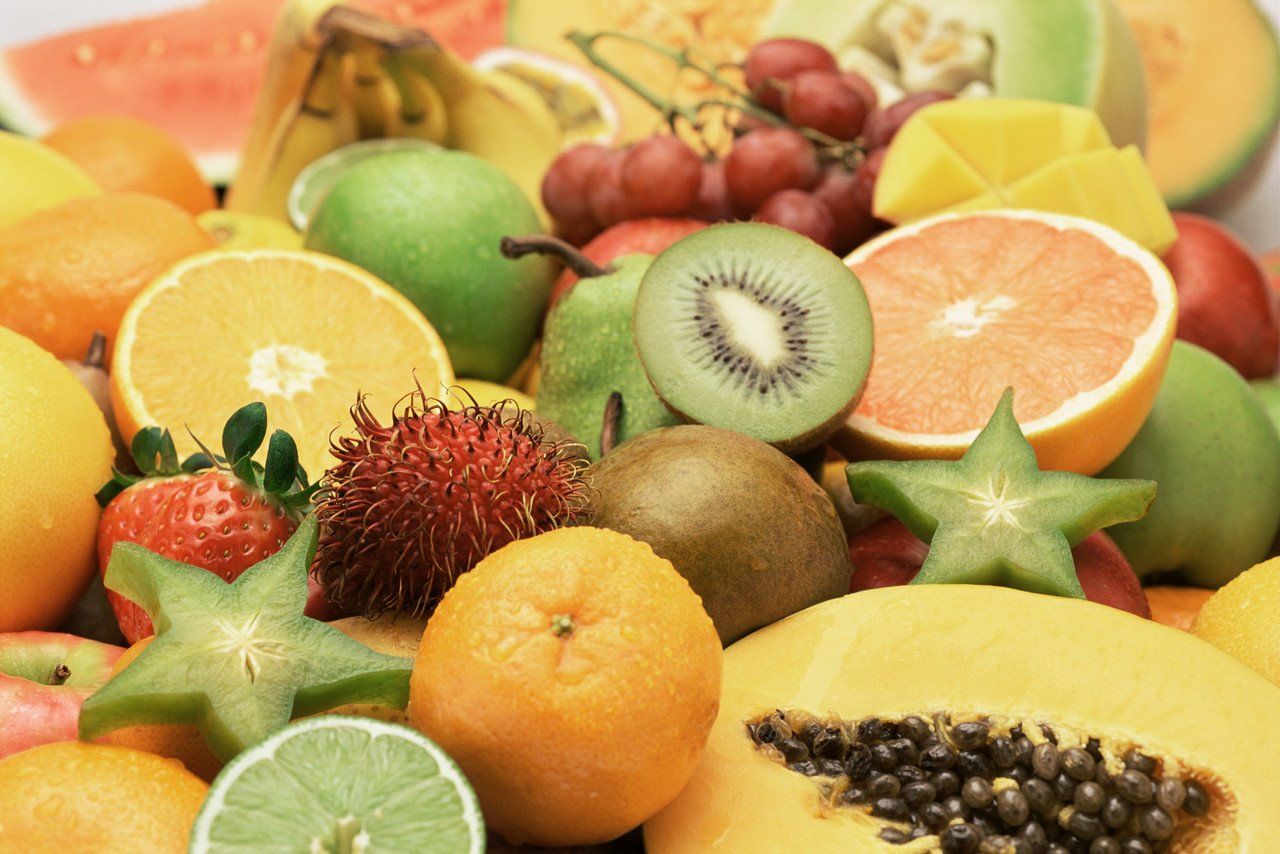LIFESTYLE AND STRESS MANAGEMENT DURING COVID-19 CRISIS
These anxious and unusual times bring unforeseen difficulties. But the best of human nature can rise to the challenge. Now might seem like an unusual time to talk about being positive, yet staying positive is a core ingredient in the recipe of successful coping in a crisis.
"Staying positive is a core ingredient in the recipe of successful coping in a crisis"
There are a few really practical things you can do to foster positive emotions that can potentially change your brain chemistry and build up your energy stores to help you cope with the other aspects of your day that have been made more difficult.
Below are some suggestions as to how you can manage your stress levels and stay positive.
Savour the small moments
Boost serotoinin
Now, more than ever, is the time for us to be proactive about creating small moments of happiness in our days. Even during lockdown you still have many small moments to savour. The aroma of coffee, the feel of the warm shower on your back and so on. When you stop to take in these moments, rather then let them rush by on automatic pilot, you are giving your brain a chance to process the pleasure, which boosts your serotonin – the feel good neurotransmitter that helps elevate your mood and make you feel calm.
Strengthen your connections
Boost oxytocin
For those of us in family lockdown, now is the opportunity to spend quality time with our loved ones. Take the time to hug your kids or partner, look them in the eyes, have long conversations with them – all of these gestures promote closeness and also boost your oxytocin, which is a hormone that bonds people and also has a calming effect on your body. When your oxytocin levels spike they tell your body to switch off cortisol, the stress hormone.
Look for the good in others
United in hope
These types of crises can bring out both the worst and the best in human nature. This week there were two Youtube clips that went viral in Australia about toilet paper. One was of three grown women fighting in Woolworths over a packet of toilet paper. The other was two young children dragging a large cart of toilet paper behind them and stopping at the homes of elderly people in their neighbourhood to give them a roll. I like to think that the best in human nature is rising to the coronavirus challenge. Philanthropists are donating money to scientists to find a cure. Doctors and medical staff are working overtime to help sick patients. Neighbourhoods are putting together care packages for people who are sleeping rough. People are posting positive messages on social media. Friends from across the globe reaching out to each other. When we tune into these positive and pro-social aspects of the crisis, we are united in hope.
Positive emotions help us cope further...
Taking charge of our mental health and capturing the small moments will help as we go further into the unknown, too. If we can foster positive emotions, the flow-on effects are well researched, and well documented. In fact, positive emotions are a key resource for us during the coronavirus crisis because they can do a number of things (below):
Increase your resilience
Research has shown that when we experience positive emotions on the back of a stressful event, we bounce back more quickly and have a faster “cardiovascular recovery” time – our heart rate lowers and our blood pressure stabilises more quickly when we are able to be positive.
Increase your immunity
A study where people were deliberately infected with the influenza virus and rhinovirus found that those people who had more positive emotions were more likely to fight off the symptoms. People low on positive emotions were 2.9 times more likely to contract a respiratory illness in this study.
Think more clearly
The way we feel influences the way we think. Positive emotions boost our problem solving abilities as well as our judgment, decision-making, cognitive flexibility and creativity. Staying positive will help you and your kids to be better at solving all the little problems that are being thrown our way right now, such as figuring out new technology platforms for working (and schooling) from home.
Practical Lifestyle Advice
Taking charge of our mental health and capturing the small moments will help as we go further into the unknown, too. If we can foster positive emotions, the flow-on effects are well researched, and well documented. In fact, positive emotions are a key resource for us during the coronavirus crisis because they can do a number of things (below):
Engage in relaxing activities
It’s a bit of a vicious cycle, of course: The more you stress about the virus, the more likely you are to suffer from it. Stress can certainly hurt your immune system. The stress hormone cortisol turns off cells in your immune system. Do not panic, try to minimise stress. Engage in activities that you find relaxing, such as meditation, stretching, listening to music, artwork etc... anything that takes you mind and thoughts away from the situation for at least 10 to 30 minutes.
Exercise
Low and moderate intensity exercise naturally lowers cortisol levels and helps with immune-system function. 30 to 60 minutes of exercise a day. If you’re apprehensive about germs in the gym, walk or run outside. But it is important not to go overboard. A recent study found high-performance athletes have an increased risk of infection. Exercise helps boost the immune system, but we have to be careful not to overexercise because it can weaken your immune system.
Get adequate sleep
For adults, that means getting seven to eight hours of sleep a night. A lack of sleep brings the immune system down.
Stop Smoking or Vaping
Smokers and those with respiratory disease have a higher rate of serious illness and complications from coronavirus. Anything that is challenging to your lungs is going to work in the wrong direction.







